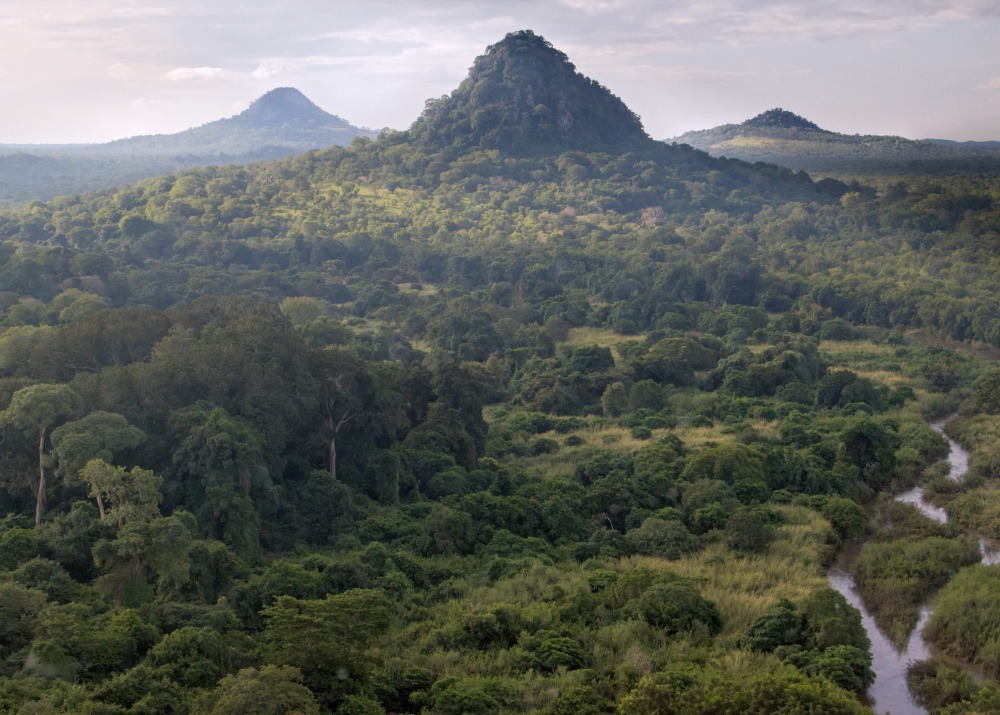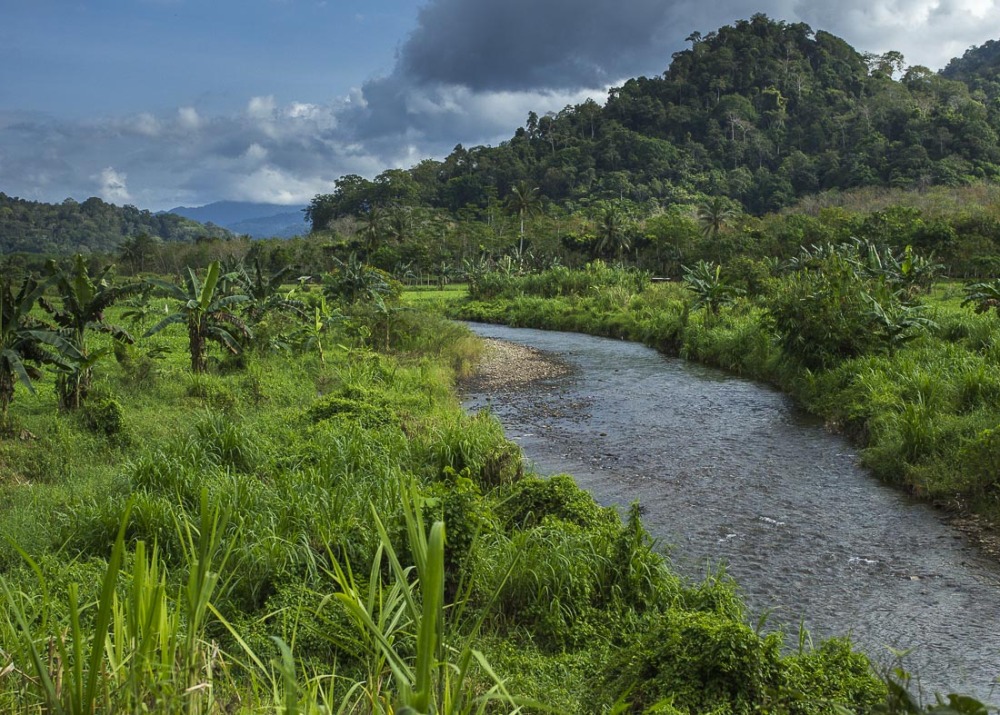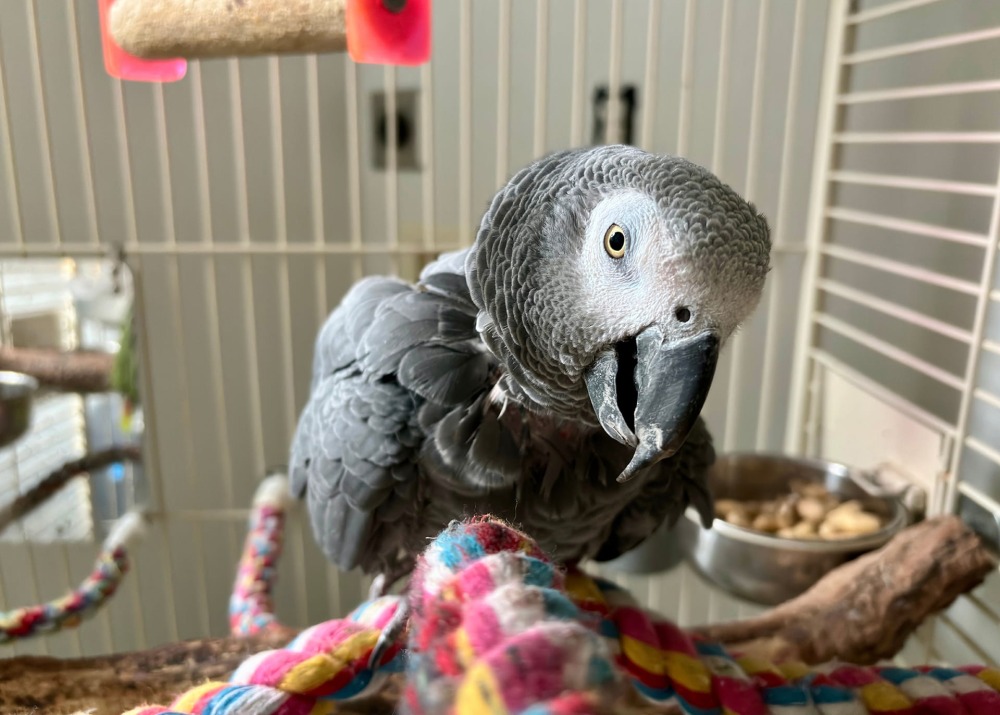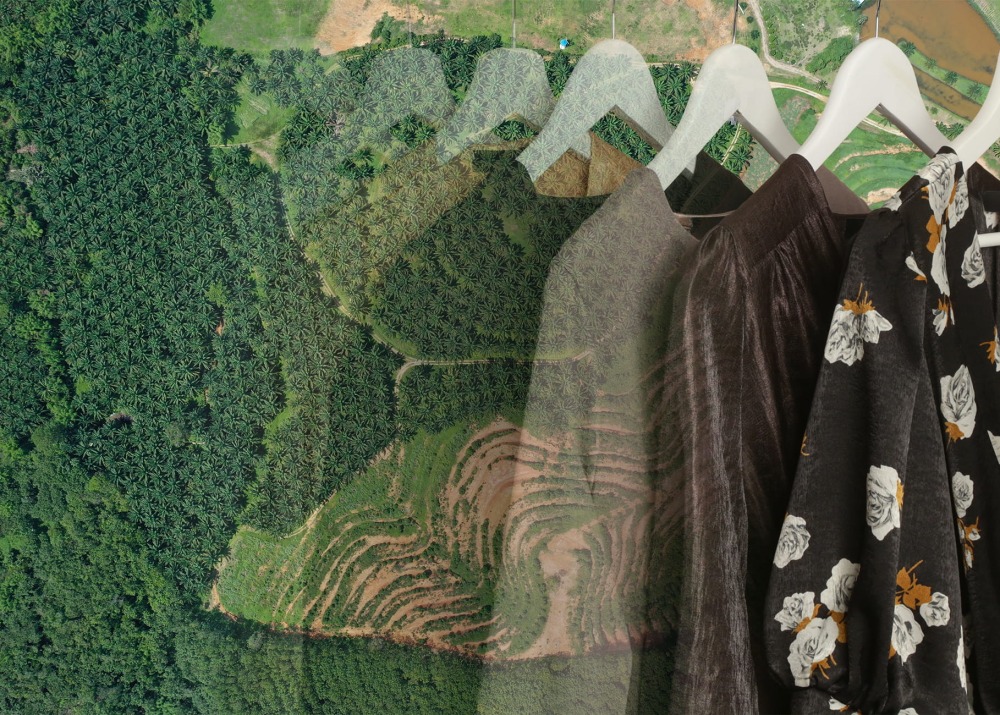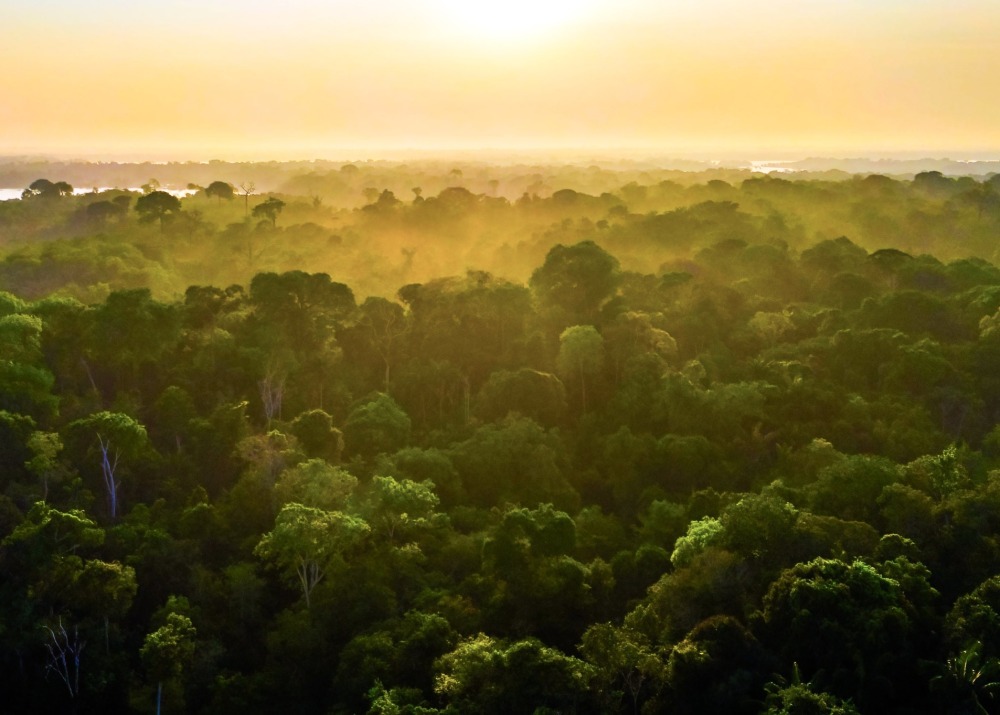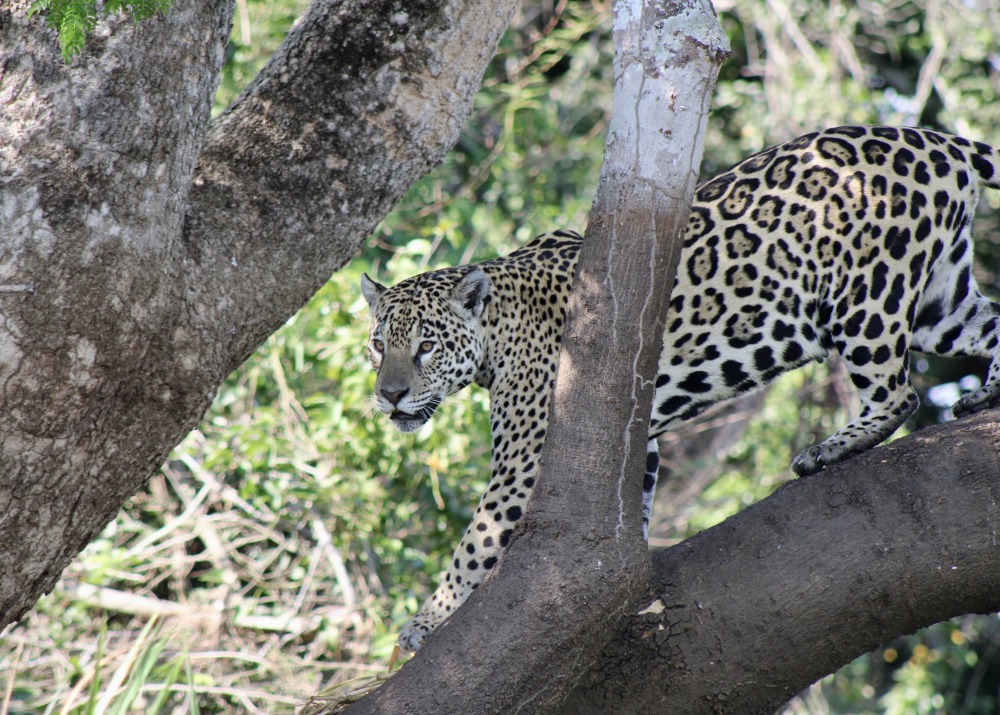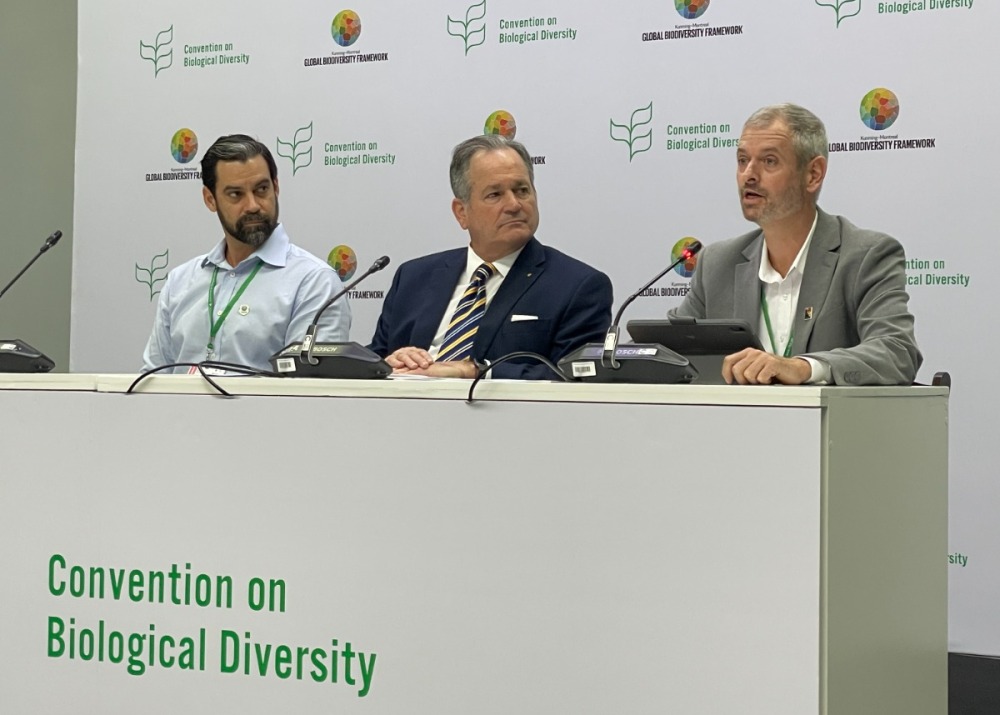The Project Life Cycle: Partnering with Local and Indigenous Peoples
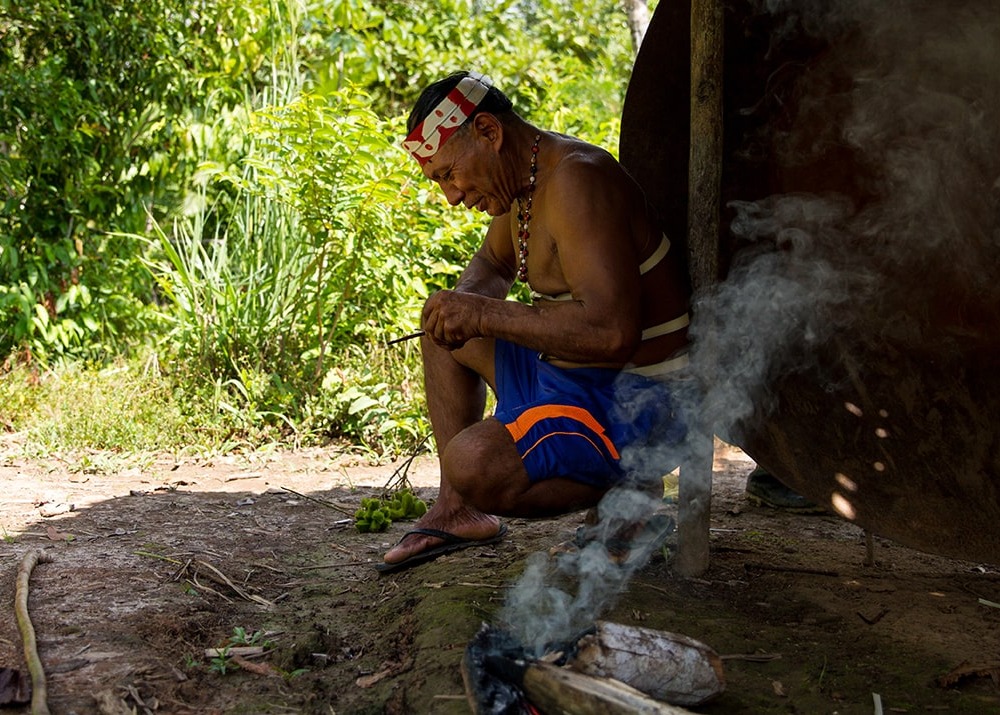
Partnering with Local and Indigenous Peoples
From the very beginning of every project—even before accepting a concept note and requesting a full application—the Rainforest Trust approach prioritizes authentic respect, support, and collaboration with any local, Indigenous, and Afro-descendant Peoples and communities within or neighboring the proposed project site.
Not only is this the right thing to do, it is also essential for successful land conservation. Although local, Indigenous, and Afro-Descendant Peoples represent only 6% of the global population, they occupy, manage, or own almost half of the world’s land area, not including Antarctica. Collectively, these peoples are also often excellent stewards of the land and its resources. Ninety-one percent of their lands are in good or moderate condition, and often have a deforestation rate 17-26% lower than non-protected lands. Within the Amazon, for example, when Indigenous communities secure legal tenure of their lands, the deforestation rate drops an average of 66 percent.
Ensuring Respect and Consent
Here at Rainforest Trust, we require all new applicants to demonstrate support from any local and Indigenous communities that might be impacted by their project. We also require all proposed projects to follow Free, Prior, and Informed Consent (FPIC) practices. To accomplish this, our partners seek out and establish relationships with local and Indigenous communities and their leadership, share information about the proposed project’s goals and how they anticipate achieving those goals, host meetings, answer questions and address concerns, and request and incorporate feedback and suggestions. This results in a collaborative process of co-development with these communities to ensure the project is conducted in a manner that is consistent with their terms and goals.
Honoring Separation
One important exception exists regarding our commitment to the FPIC process. We do not require projects to follow FPIC processes when seeking to secure land rights for Indigenous communities living in isolation. Brazilian law, for example, forbids directly approaching these communities, which means they cannot be consulted. In such cases, we partner with local or Indigenous-led organizations that have an established history of respectfully and successfully securing protections for Indigenous Peoples, including those living in isolation.
Prioritizing Rights-based Conservation
Every single one of our projects is implemented in partnership with local organizations and conservation leaders, and with respect toward the rights of local, Indigenous, and Afro-descendant Peoples. But a rapidly increasing majority of our projects go much further, achieving results through rights-based conservation.
These projects achieve conservation results by affirming and securing human rights, such as the right to legal tenure over ancestral lands. Currently, 74% of our projects employ rights-based conservation measures, far exceeding our initial goal of 50 percent. Many of these projects support local, Indigenous, and Afro-descendant Peoples seeking recognition of their right to legal tenure and management of their ancestral lands. Since 1988, we have supported efforts to secure legal tenure or other protections for more than 35.4 million acres of land stewarded by local, Indigenous, and Afro-descendant communities around the world, with another 31.1 million acres in the process of being protected.

Conservation work at Rainforest Trust and elsewhere relies on a number of terms that may be unfamiliar to many readers. These terms are shown with bold text in the article, and are defined here.
Afro-descendant Peoples; Afro-descendant Communities
Within the context of tropical land conservation, Afro-descendant Peoples are the descendants of those who were forcibly migrated from Africa to the Americas and then sought refuge in natural areas after escaping enslavement. Together, they established numerous Afro-descendant communities within the Amazon rainforest and other natural areas of Central and South America. Their distinct governance systems and territorial management practices are essential to preserving their culture. This, as well as historic and contemporary discrimination, classifies them as a protected group within human rights frameworks.
Applicant; Applicant Organization
The applicant or applicant organization is the organization that submits the concept note and application to Rainforest Trust. Applicant can also refer to the primary contact at the applicant organization.
Concept Note
The concept note is a short document submitted by the applicant that briefly explains the proposed project and its expected outcomes.
Free, Prior, and Informed Consent (FPIC)
Rainforest Trust requires Free, Prior, and Informed Consent for all projects. This process ensures any impacted Indigenous and local communities are provided accurate information about the proposed project(s) prior to the start of any work, and that they have the right to freely (eg. without coercion) grant or withhold consent at any time for the proposed project(s).
Indigenous Peoples; Indigenous Communities
As the original inhabitants of a specific region or territory, Indigenous Peoples often maintain separate languages, cultures, and customs from the dominant society and government. Their identity as Indigenous is self-defined. Indigenous communities are deeply rooted within their ancestral lands, and share a collective knowledge about the sustainable management of those lands. Due to historic and modern vulnerabilities, Indigenous Peoples are a protected group within human rights frameworks.
Local Communities
Often living traditional, subsistence-based lifestyles, local communities are groups of people living together within a defined geographic region but maintaining distinct traditions from the dominant society and government. Many of these communities have a long history of sustainably stewarding their lands and resources for many generations, but they may not trace their ancestry to the region’s Indigenous Peoples. Some countries maintain special protections for local communities.
Rights-based Conservation
Rainforest Trust is committed to rights-based conservation, which achieves conservation results by securing human rights. Examples include projects that secure land tenure rights for local and Indigenous communities or establish protected or conserved areas that are managed or co-managed by Indigenous or local communities through legally recognizing their land-use rights.


